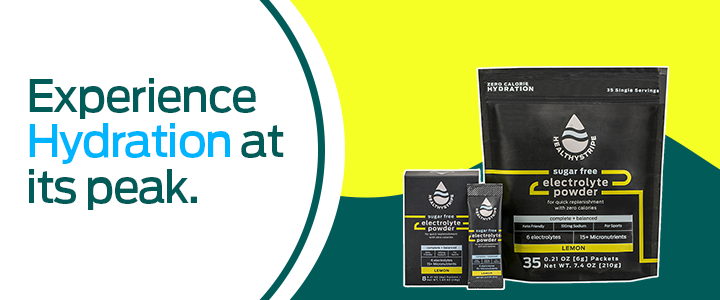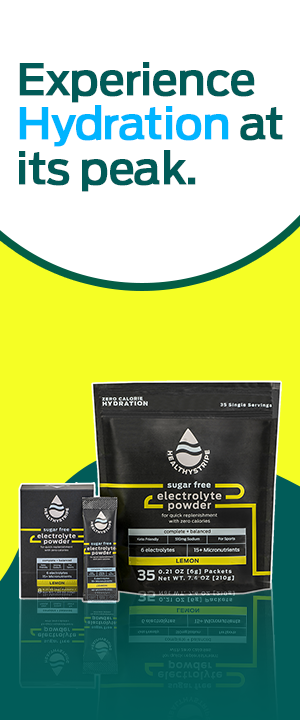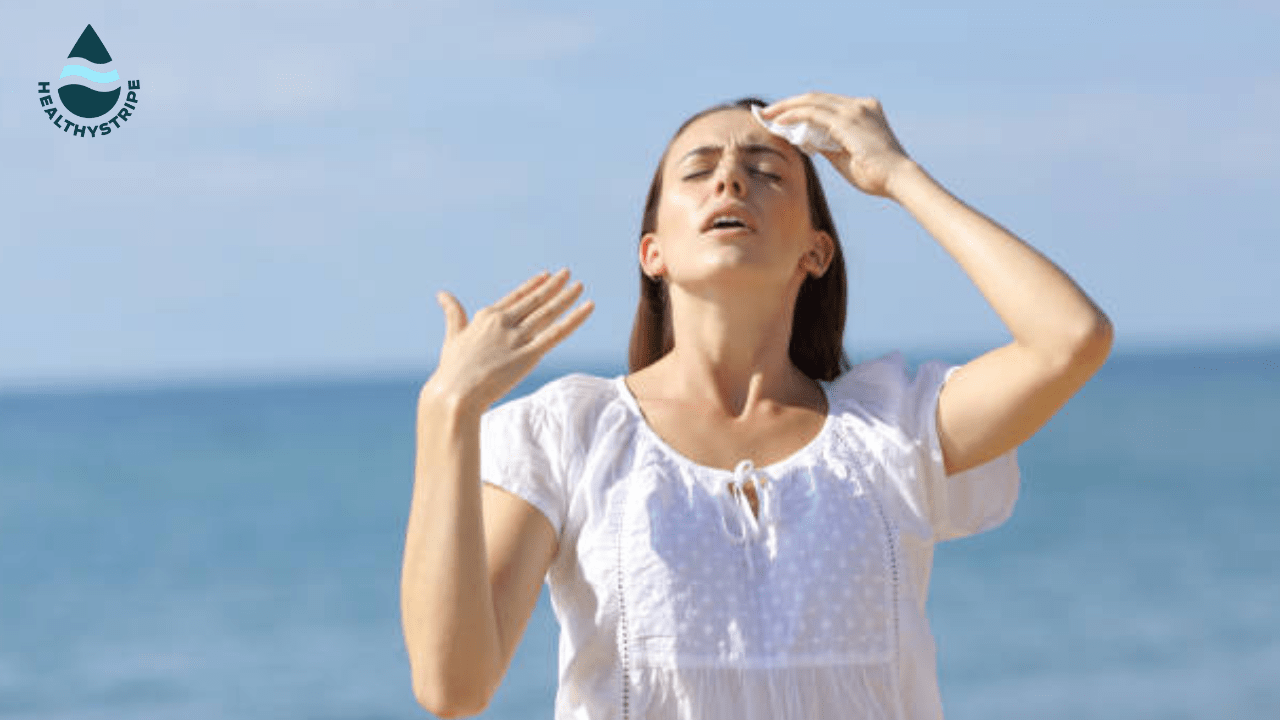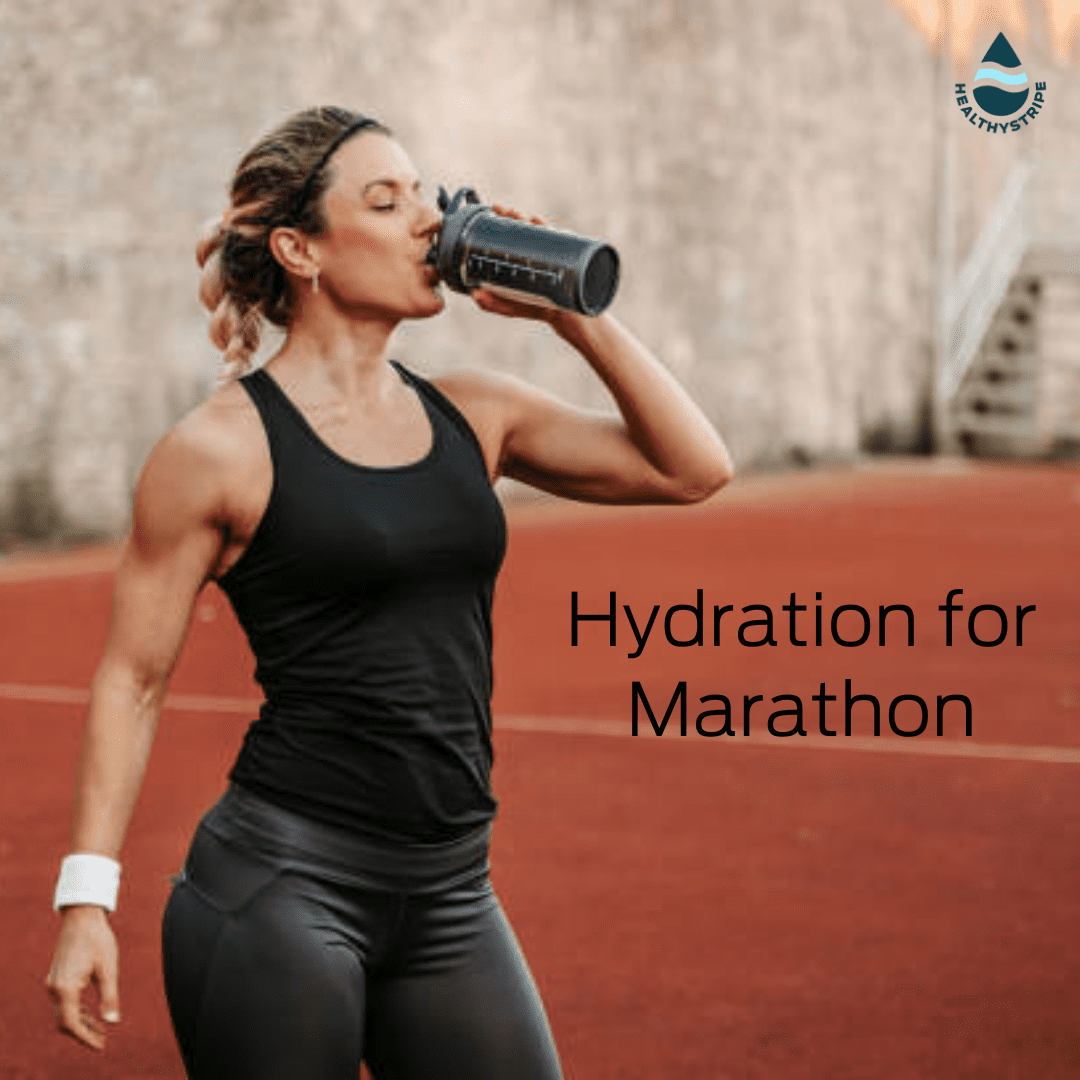
Water keeps your boat afloat, in other words, it helps in the circulation of nutrients and the elimination of toxic products via our kidneys. So if you have been negligent about your hydration, you’re fumbling at the knob of the metaphorical door to chronic kidney disease. In this article we will discuss about dehydration cause kidney pain
Dehydration can lead to kidney pain and result in a buildup of waste in the kidneys. This occurs due to water loss through sweating, vomiting, diarrhea, excessive urination or conditions like diabetes. To maintain kidney health and prevent kidney pain, it’s crucial to consume an adequate amount of water.
Dehydration hospitalizations in the United States total more than 500 thousand per year, according to a recent study. In a separate study, 75% of Americans were found to be chronically dehydrated.
Symptoms of Dehydration and Kidney pain
Dehydration cause kidney pain is a fairly common phenomenon. Dehydration is a double jeopardy that directly as well as indirectly damages the kidneys. Where on one side it causes the body to store wastes and acids and can clog the kidneys with muscle protein (myoglobin), on the other side it can lead to UTI(Urinary Tract Infection) and Kidney stones which also damage our kidneys in the long run.
The best way to prevent dehydration is to educate ourselves about the symptoms of dehydration.
How will you know if you are Dehydrated?
Healthy adults are recommended to drink 2- 2.5l of water daily. Since our brain can override the feeling of thirst, often, by the time we experience thirst, our body has already lost 2-3% of essential fluids.
In addition to an increase in body temperature, 2% to 3% fluid loss impairs mental and physical function.
In the case of a 4% loss, fatigue, nausea, vomiting, and diarrhoea may occur.
Fluid loss of 5% is indicated by heat cramps, chills, nausea, clamminess, and rapid pulse.
At this level, dehydration can already be fatal, especially for children and the elderly. In severe cases of dehydration, sweating and urine production are reduced, weakness is experienced, headaches are felt, dizziness occurs, confusion rises, and dry mouth occurs.
If the fluid loss exceeds 10%, it can result in heatstroke, hallucinations, unsteady walking, and an absence of urine and sweat.
Symptoms to determine if you aren’t well hydrated
- Feeling thirsty
- Dryness of skin, mouth, tongue, lips
- Poor digestion
- Recurrent headache
- Dark yellow urine
- Constipation
- Lethargy
- Leg cramp
- Irritability
Our kidneys are bean-shaped organs, about the size of clenched fists located in the lower back region on either side of the spine. Kidney pain can have diverse causes like kidney stones, trauma to the kidney, cancer, chronic kidney disease, polycystic kidney disease, and kidney failure.
The pain can be dull or sharp depending upon its etiology. It usually presents as a dull pain, tender on applying pressure with gradual progression towards excruciating pain.
Here are some of the common signs of kidney pain
- Fever with chills
- Painful urination
- The appearance of Blood during urination
- Body aches
- Fatigue and tiredness
- Nausea or vomiting
How can you tell if you’re dehydrated or have kidney pain?
Dehydration cause kidney pain. It is one of the etiologies of pain in the kidneys, so the best way to be sure is to rehydrate yourself and see if you are having any of the above-mentioned signs of dehydration along with the pain. If they don’t match, you should visit your local clinic for some urine tests.
Causes of Dehydration and Kidney Pain
The two main reasons for dehydration are low input and excessive output. It can either be because you are not consuming enough water, especially during travelling or you are losing more than you are consuming due to conditions like diabetes, and excessive sweating. Let’s discuss these etiologies in detail.
- Food Poisoning- Traveller’s diarrhoea and food poisoning can happen randomly, leading to acute loss of fluids and salts via stool and vomit. Excessive vomiting can disrupt salt balance and lead to a fatal condition. It’s important to rehydrate the lost minerals and fluids to recover quickly.
- Fever- As a general rule, the higher your fever, the more dehydrated you may become. Having diarrhoea and vomiting along with a fever exacerbates the problem.
- Excessive sweating- Excessive workouts, working under the sun, fever, humid environment, and long time in the kitchen can cause profuse sweating which can make you dehydrated and lethargic.
- Increased urination- There is a possibility that this is due to undiagnosed or uncontrolled diabetes. Dehydration can also occur with certain medications, including diuretics and some blood pressure medications because they cause you to urinate more frequently.
How may you Prevent Dehydration and Kidney Pain?
To make sure you don’t suffer from dehydration you can follow these measures.
- Count your glasses- Drink at least 8 glasses of water per day. You should consume more if you work out or sweat more.
- Cut caffeine- decrease your daily caffeine amount and opt for fruits and vegetables that have more water content.
- Dress comfortably- Wear loose-fitting clothes during summer to avoid too much sweating.
- Cut the sugar- Avoid sugary drinks, your post-workout energy drink should not have a high amount of sugar.
- Keep hydrated if you have vomiting or diarrhoea.
- Take water breaks- If you are performing any strenuous activity, make sure you take breaks to replenish yourself.
- Listen to your body- Our body always sends signs if something is not working in our favour. Make sure to listen to those signs to avoid dehydration.
Treatments for Dehydration and Kidney Pain
The most important thing to do in case of dehydration is to stabilise the patient and eliminate the cause and maintain a healthy state.
Your physician can find signs of dehydration like cold clammy extremities due to reduced blood flow, rapid heart rate and low blood pressure. Some definitive measures include blood tests and urine analysis to measure your electrolyte balance, especially sodium and potassium levels and signs of infection.
The only plan of action in case of dehydration management is to replenish the lost fluids and electrolytes. Based on their age, the following rehydration therapies can be provided.
Infants/Children- You can use OTC oral rehydration solutions. Give 5 ml every one to 5 mins and increase as tolerated. Older children can be given diluted sports drinks in 1:1 ratio.
Adults- Nothing beats regular water but if you are losing water, you should go for electrolytes as well since they help to replenish the lost salts as well. Drink sports drinks after workouts. Stay hydrated in case of outdoor activities and measure the amount of water you consume per day.
In case of severe dehydration or when the patient cannot drink via the oral route, you should immediately go to the emergency department. Intravenous administration of saline and glucose ensures rapid rehydration.
If you already have a kidney ailment like kidney failure or low kidney function, you should always consult your physician to guide you with the correct amount of water consumption considering your condition. If you are otherwise healthy, you should keep track of your water consumption to avoid associated ailments. Let us know about your hydration journey.









